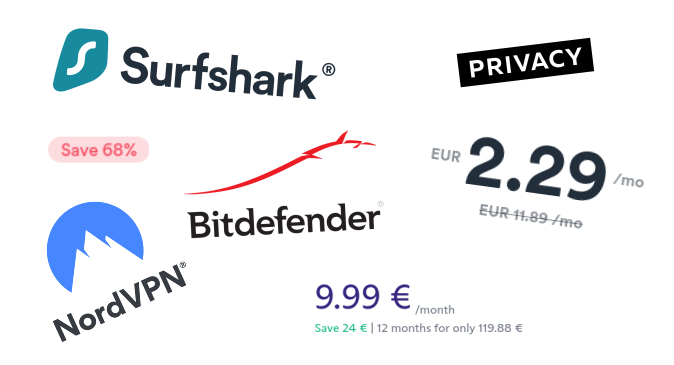The Cost of Privacy: Why Subscription Models Are Rising
Written on
Chapter 1: Privacy in the Digital Age
Recently, I caught the premiere of the fourth season of Westworld, which sparked some reflections. Nowadays, many online services appear to be free—platforms like Facebook, Google, YouTube, TikTok, and Twitter come to mind. However, it's a common saying that if you’re not paying for the product, you are the product.
These companies gather extensive data about you, tracking your online activities to gauge your interests and habits. This information is then utilized for targeted advertising, model training, and predictive analytics.
The fallout from the Facebook data scandal has reignited public interest in data privacy. More individuals are recognizing the importance of their digital footprint and are actively seeking solutions to safeguard it. When demand outstrips supply, opportunities arise; thus, new enterprises have emerged, claiming to prioritize user privacy.
Section 1.1: The Rise of Privacy-Focused Companies
Allow me to introduce some of the key players in this privacy-centric market: NordVPN, Surfshark VPN, Privacy.com, and BitDefender, among others. These companies exist primarily to offer privacy as a service. While their offerings—like VPNs—can indeed provide a layer of anonymity from ISPs and servers, one must wonder why privacy has transitioned into a subscription model.

Section 1.2: Reflections from Westworld
In a notable scene from Westworld, a character quips, “Oh, it’s probably a bot trying to sell you a privacy subscription.” Although set in a futuristic world, this sentiment reflects our current reality.
Historically, privacy has always come with a price tag. For instance, securing a private residence is more costly than sharing a space. Similarly, renting an office for personal use is pricier than working in a communal environment. Even at the airport, if you desire anonymity or expedited service, you often have to pay extra for premium flights.
In the physical world, privacy typically demands a higher cost. The internet, however, presents a different paradigm—a virtual realm where constraints of the physical world do not apply. Ideally, internet usage could be free and inherently private. Yet, we have inadvertently centralized it, commodifying user privacy in the process.
Chapter 2: The Corporate Influence on Privacy
Companies such as Apple, Google, and Microsoft have played pivotal roles in shaping today’s internet landscape. Having reaped trillions from user data, they now leverage the concept of “privacy” as a marketing tool.

The first video title is "How to Change Your Subscription Privacy Settings" - YouTube. This video provides insights into managing your privacy preferences on various subscription platforms.
The second video title is "Why More and More Websites Make You Pay for Your Privacy" - YouTube. This discusses the growing trend of charging users for their online privacy and its implications.
Conclusion: The Future of Online Privacy
In conclusion, internet privacy should be a default setting rather than an optional feature tied to a subscription fee. Innovations such as artificial intelligence, smart homes, and self-driving vehicles are indeed captivating. However, I refuse to barter my personal freedom for technological advancements.